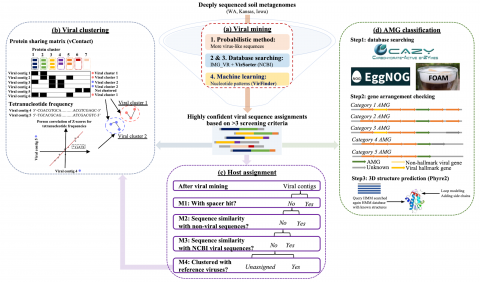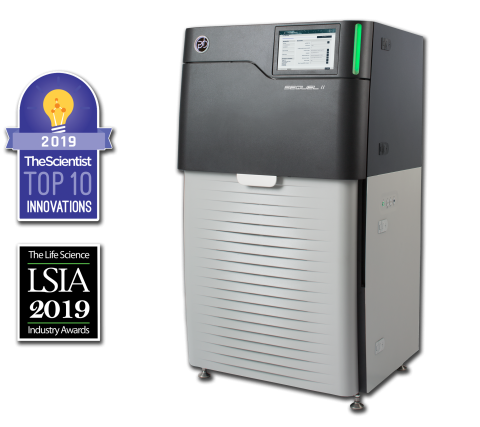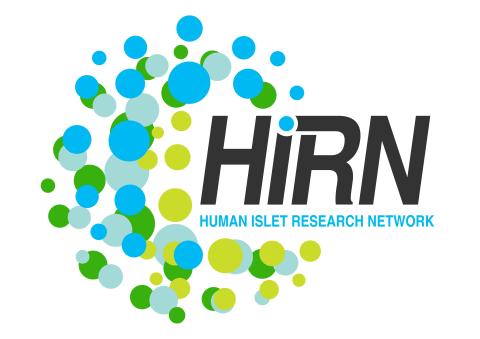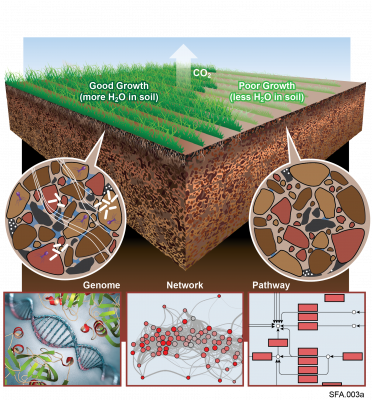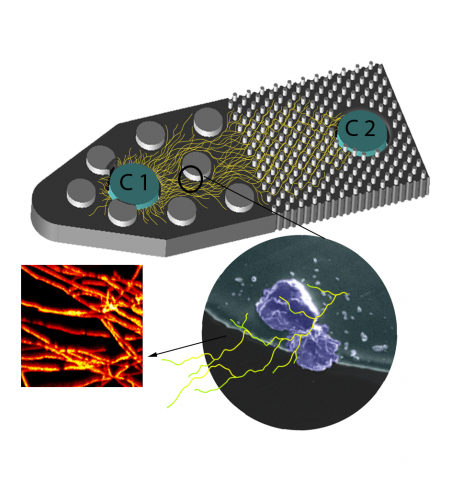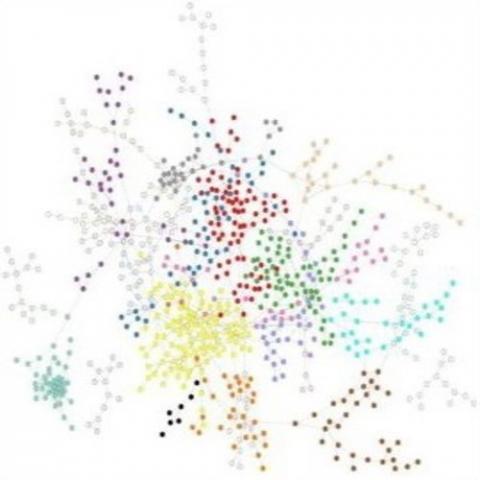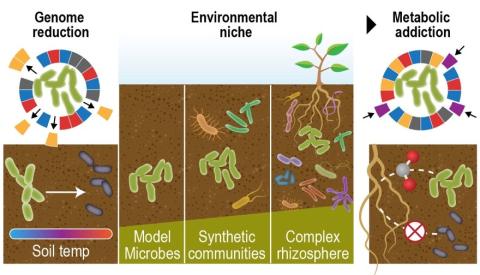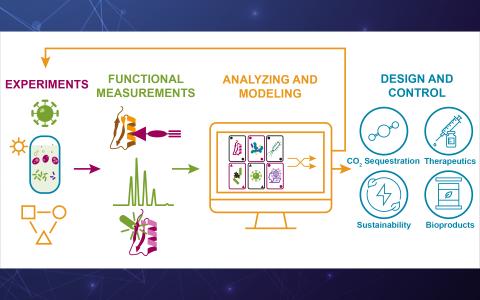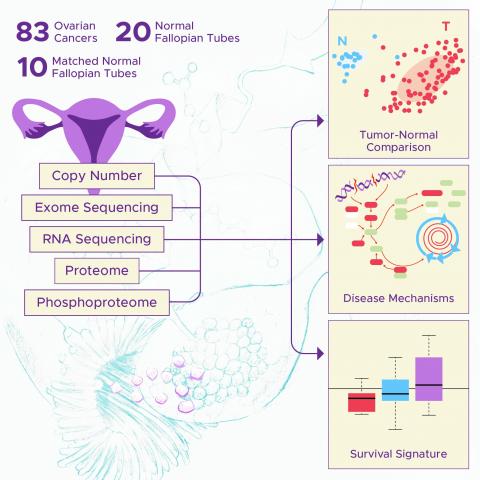The srpAnalytics modeling pipeline for the Superfund Research Program Analytics Portal.
Filter results
Category
- (-) Biology (38)
- (-) Renewable Energy (2)
- Scientific Discovery (49)
- Earth System Science (24)
- Human Health (20)
- Integrative Omics (15)
- Microbiome Science (10)
- Computational Research (9)
- National Security (6)
- Computing & Analytics (5)
- Data Analytics & Machine Learning (5)
- Computational Mathematics & Statistics (3)
- Energy Resiliency (3)
- Chemistry (2)
- Materials Science (2)
- Chemical & Biological Signatures Science (1)
- Coastal Science (1)
- Data Analytics & Machine Learning (1)
- Ecosystem Science (1)
- Energy Efficiency (1)
- Energy Storage (1)
- Solar Energy (1)
- Weapons of Mass Effect (1)
Tags
- Omics (15)
- Genomics (6)
- High Throughput Sequencing (6)
- Mass spectrometry data (6)
- Omics-LHV Project (6)
- Virology (6)
- Differential Expression Analysis (5)
- Gene expression profile data (5)
- Imaging (5)
- Immune Response (5)
- Multi-Omics (5)
- Sequencer System (5)
- Time Sampled Measurement Datasets (5)
- Autoimmunity (4)
- Biomarkers (4)
- Homo sapiens (4)
- Mass Spectrometer (4)
- Molecular Profiling (4)
- Proteomics (4)
- Type 1 Diabetes (4)
- Machine Learning (3)
- Mass spectrometry-based Omics (3)
- Microscopy (3)
- Mus musculus (3)
- Biological and Environmental Research (2)
- Ebola (2)
- Long Read Sequencer (2)
- Mass Spectrometry (2)
- metabolomics (2)
- Spectroscopy (2)
Code pertaining to the Soil Microbiome SFA Project publication data visualizations 'DNA viral diversity, abundance and functional potential vary across grassland soils with a range of historical moisture regimes' for processing publication data downloads.
Category
The Sequel II System Sequencer is a high-throughput DNA sequencer machine developed and manufactured by PacBio , and is designed for high throughput, production-scale sequencing laboratories. Originally released in 2015, the Sequel system provides Single Molecule, Real-Time (SMRT) sequencing core...
The Human Islet Research Network (HIRN) is a large consortia with many research projects focused on understanding how beta cells are lost in type 1 diabetics (T1D) with a goal of finding how to protect against or replace the loss of functional beta cells. The consortia has multiple branches of...
Datasets
0
The Phenotypic Response of the Soil Microbiome to Environmental Perturbations Project (Soil Microbiome SFA) at Pacific Northwest National Laboratory is a Genomic Sciences Program Science Focus Area (SFA) Project operating under the Environmental Microbiome Science Research Area. The Soil Microbiome...
Datasets
23
The following R source code was used for plotting figures of the viral communities detected from three grasslands soil metagenomes with a historical precipitation gradient ( WA-TmG.2.0 , KS-TmG.2.0 , IA-TmG.2.0 ) from project publication 'DNA viral diversity, abundance and functional potential vary...
Category
Fusarium sp. DS682 Proteogenomics Statistical Data Analysis of SFA dataset download: 10.25584/KSOmicsFspDS682/1766303 . GitHub Repository Source: https://github.com/lmbramer/Fusarium-sp.-DS-682-Proteogenomics MaxQuant Export Files (txt) Trelliscope Boxplots (jsonp) Fusarium Report (.Rmd, html)...
Category
Datasets
1
Last updated on 2023-02-23T19:37:46+00:00 by LN Anderson PerCon SFA Project Publication Experimental Data Catalog The Persistence Control of Engineered Functions in Complex Soil Microbiomes Project (PerCon SFA) at Pacific Northwest National Laboratory ( PNNL ) is a Genomic Sciences Program...
Datasets
3
The Environmental Determinants of Diabetes in the Young (TEDDY) study is searching for factors influencing the development of type 1 diabetes (T1D) in children. Research has shown that there are certain genes that correlate to higher risk of developing T1D, but not all children with these genes...
Datasets
1
The Diabetes Autoimmunity Study in the Young (DAISY) seeks to find environmental factors that can trigger the development of type 1 diabetes (T1D) in children. DAISY follows children with high-risk of developing T1D based on family history or genetic markers. Genes, diets, infections, and...
Datasets
1
Machine learning is a core technology that is rapidly advancing within type 1 diabetes (T1D) research. Our Human Islet Research Network (HIRN) grant is studying early cellular response initiating β cell stress in T1D through the generation of heterogenous low- and high-throughput molecular...
Datasets
3
PNNL’s Vision Statement for Equity in the Power Grid Drawing from a wealth of interdisciplinary research in grid modernization, PNNL is spearheading an effort to advance equity and energy justice through the role of scientific research with the goal of building an advanced national power grid...
Datasets
2
Predictive Phenomics is addressing the grand challenge of understanding and predicting phenotype by identifying the molecular basis of function and enable function-driven design and control of biological systems .
Category
Datasets
0
Category
Datasets
1


